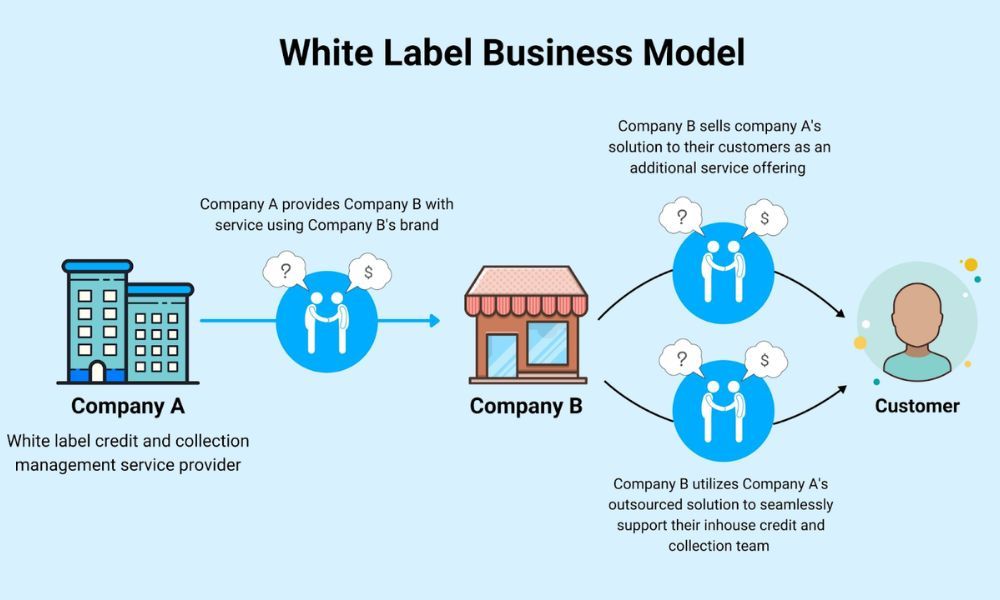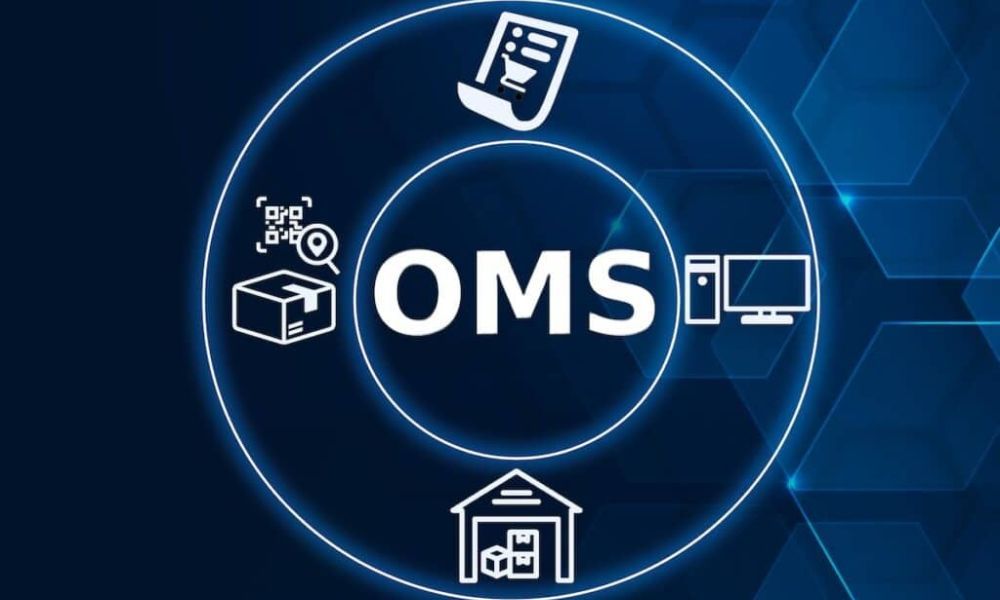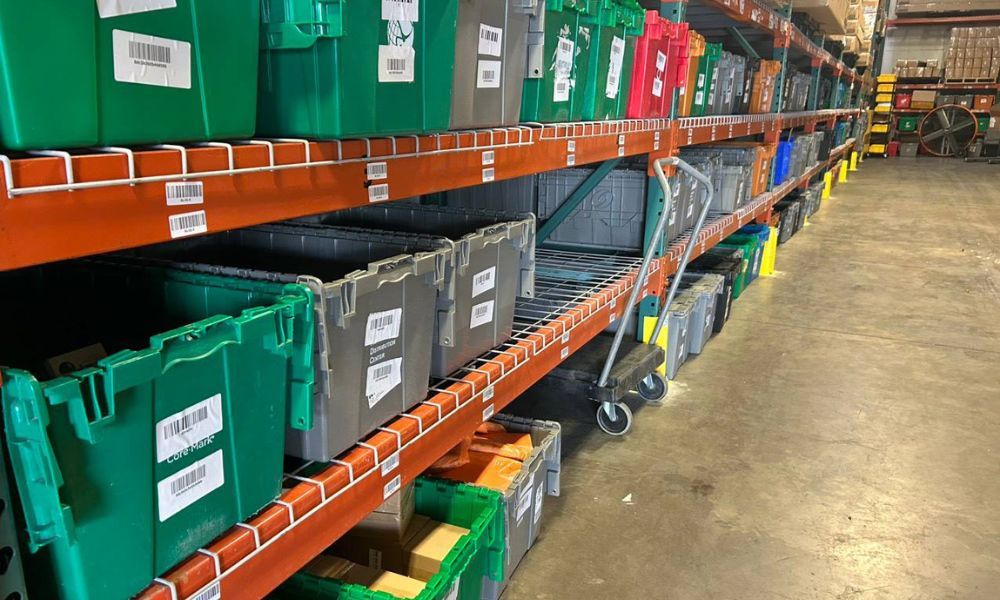
More Helpful Content
In today's rapidly evolving eCommerce landscape, the demand for efficient, reliable fulfillment services is higher than ever. Logistics companies seek to expand their offerings, and large brands aim to optimize their supply chains, yet building sophisticated fulfillment operations from scratch presents significant challenges in terms of cost, time, and expertise.
White Label Fulfillment emerges as a powerful strategic solution, enabling businesses to launch comprehensive, high-quality fulfillment services under their own brand by leveraging a specialized provider's proven technology and operational processes.
This article delves into the concept of White Label Fulfillment, differentiates it from traditional 3PL and Private Label models, explores its key benefits, guides you on selecting the right partner, and introduces how EFEX provides a robust turnkey solution to accelerate your entry into the fulfillment market.
Imagine being able to offer a sophisticated, end-to-end fulfillment service – complete with advanced technology, streamlined warehouse operations, and efficient shipping integrations – all presented under your own company's brand name. That's the core concept behind White Label Fulfillment.
In essence, White Label Fulfillment is a service model where one company (the provider) develops and maintains the underlying fulfillment infrastructure, technology platform (like Warehouse Management Systems - WMS, and Order Management Systems - OMS), and operational processes. Another company (the client or partner) then utilizes this entire system but markets and delivers the fulfillment services to their end-customers under their own branding.
Think of it like store-brand products: a major manufacturer produces the goods, but the supermarket chain puts its own label on the packaging. Similarly, in White Label Fulfillment:

This model allows businesses, particularly logistics companies or even large brands wanting to insource fulfillment efficiently, to rapidly deploy a high-quality fulfillment operation without the extensive time, cost, and risk associated with developing everything from scratch. They leverage the provider's expertise and technology while maintaining their own brand identity and customer relationships in the fulfillment space.
While both White Label Fulfillment and Third-Party Logistics (3PL) involve outsourcing aspects of the supply chain, they serve fundamentally different purposes and operate under distinct models. Confusing the two is common, but understanding their differences is crucial for choosing the right solution.
Here’s a breakdown of the core distinctions:
| Feature | White Label Fulfillment (WLF) | Third-Party Logistics (3PL) |
| Branding & Identity | Service is presented under the client's own brand name. The underlying provider is invisible to the client's end customers. | Operates under the 3PL provider's brand name. The provider's brand is visible throughout the service delivery. |
| Primary Target Client | - Logistics companies seeking to add/offer branded fulfillment. - Carriers expanding services. - Large brands building efficient internal fulfillment. | - eCommerce merchants - Retailers. - Brands needing to outsource logistics operations. |
| Client's Primary Goal | To enable the client to quickly launch and offer/operate a sophisticated fulfillment service as their own. | To outsource and delegate logistics tasks (warehousing, shipping) to an external expert. |
| Service Model | Client receives/licenses a complete system (technology + standardized processes) to deploy under their brand. Focus on system transfer. | Client uses the existing services and infrastructure provided by the 3PL company. Focus on task execution. |
| Control | Client maintains control over the brand experience and customer relationship. Operates a standardized system as their own service. | Client has less direct control over the 3PL's internal operational processes and technology stack. Control is via SLAs. |
| Relationship Focus | Provider equips the client to become a fulfillment provider (or operate like one internally). | Provider serves the client by handling their logistics tasks. |
While both models involve a client branding a fulfillment service built on a provider's capabilities, the key distinction lies in standardization versus customization/exclusivity.
In short: WLF offers a faster, more affordable path using a shared standard, while Private Label provides a bespoke solution for specific, in-depth needs.
Adopting a White Label Fulfillment (WLF) service offers a multitude of strategic advantages, particularly for businesses aiming to enter or expand their capabilities within the logistics and eCommerce fulfillment space. Instead of embarking on the complex and resource-intensive journey of building a fulfillment operation from the ground up, WLF provides a powerful shortcut to market success.
Launching a new, sophisticated service like fulfillment traditionally involves significant hurdles in terms of time, investment, and uncertainty. WLF dramatically lowers these barriers. You bypass the lengthy and expensive process of in-house software development, infrastructure design, process engineering, and extensive testing, which can easily consume months or even years and substantial capital. Instead, you leverage a pre-built, fully operational system. This means you can introduce your branded fulfillment offering significantly faster, often within weeks, allowing you to capitalize on market opportunities quickly.
Furthermore, the financial burden is drastically reduced. The heavy lifting of research, development, and initial setup has already been done by the WLF provider, often spread across multiple clients, leading to economies of scale you wouldn't achieve alone. This avoids massive upfront capital expenditure and turns development costs into more predictable operational expenses. Equally important is the mitigation of risk. You're not investing heavily in creating an unproven system; you're adopting a model that is already tested, validated, and likely operating successfully for other businesses. This significantly reduces the risk of technological failures, process inefficiencies, and budget overruns, making your venture into fulfillment far more secure.
Building a competitive fulfillment operation requires more than just warehouse space; it demands sophisticated technology and fine-tuned processes. A key benefit of WLF is gaining immediate access to both without the steep learning curve. You instantly integrate advanced systems like Warehouse Management Systems (WMS) and Order Management Systems (OMS) that are designed for efficiency, accuracy, and scalability – capabilities that are complex and costly to develop internally. These platforms often come with pre-built integrations for shipping carriers and eCommerce platforms, further streamlining operations.

Beyond the technology, you inherit optimized operational blueprints and best practices. WLF providers specialize in fulfillment logistics; their Standard Operating Procedures (SOPs) for receiving, putaway, inventory management, picking, packing, shipping, and returns are typically refined through extensive experience. This means your team can operate using industry-leading methods from day one, ensuring higher accuracy, faster turnaround times, and ultimately, a better experience for your end customers. This infusion of expertise allows even companies new to complex fulfillment to perform at a high level almost immediately, effectively leveraging their existing resources (like warehouse space and staff) within a highly efficient framework.
Offering fulfillment under your own company name is a powerful strategic move. It elevates your brand beyond potentially basic logistics or transport services, positioning you as a comprehensive solutions provider capable of meeting the end-to-end needs of modern eCommerce businesses. This enhanced value proposition strengthens client relationships, increases loyalty, and builds significant brand credibility in a competitive market. You maintain complete control over the customer-facing brand experience, ensuring it aligns perfectly with your company's identity and service standards.
Crucially, adding a branded fulfillment service opens up substantial new avenues for revenue growth. You can tap directly into the booming eCommerce market by offering essential services that online sellers desperately need. This not only attracts a new segment of customers but also allows you to deepen relationships and increase the lifetime value of existing clients by offering them a more integrated suite of services. By leveraging an efficient WLF system that helps control operational costs, these new revenue streams can significantly contribute to improved overall profitability, turning existing assets like warehouse space into high-performing profit centers.
Selecting a White Label Fulfillment (WLF) provider is a critical strategic decision. This partnership goes beyond a simple vendor relationship; you are entrusting a core part of your service offering and brand reputation to their technology and expertise. Therefore, thorough due diligence is essential to ensure you choose a partner that aligns with your business goals, operational needs, and growth ambitions.
Here are key factors to consider when evaluating potential White Label Fulfillment partners:
Recognizing the increasing market pressure and the opportunity to leverage existing assets, many logistics companies and large brands face the challenge of establishing or optimizing sophisticated eCommerce fulfillment operations. Building such capabilities internally is often complex, costly, and time-consuming. EFEX addresses this challenge directly with its comprehensive White Label Fulfillment Solution.
This is far more than just software; EFEX offers a holistic, end-to-end transfer of both cutting-edge technology and proven operational expertise, designed to empower your business to offer top-tier fulfillment services under your own brand.
What the EFEX White Label Solution Delivers:

Choosing the EFEX White Label Solution provides distinct advantages:
The EFEX White Label Solution is ideal for logistics companies, transport providers, or businesses with existing warehouse infrastructure seeking to capitalize on the eCommerce boom by launching a professional, efficient, and branded fulfillment service quickly and cost-effectively. It's your turnkey path to becoming a leader in eCommerce logistics.
>> Learn more:
White Label Fulfillment offers a compelling pathway for businesses, particularly those in logistics or established brands, to swiftly establish or enhance their eCommerce fulfillment capabilities without the prohibitive costs and complexities of ground-up development. By providing access to proven technology, optimized processes, and specialized expertise—all deployable under the client's own brand—WLF accelerates time-to-market, reduces risk, unlocks new revenue streams, and strengthens brand value.
Choosing the right partner is paramount, requiring careful consideration of technology, operational prowess, support, and scalability. EFEX stands out as a dedicated partner, offering a comprehensive White Label Solution that goes beyond mere software to include full process transfer, expert implementation, and dedicated training, proven by successful deployments with industry leaders like EMS, VNPOST, and PCS.
If your organization aims to leverage existing assets, meet the growing demands of eCommerce clients, and gain a competitive edge by offering branded, efficient fulfillment services, the EFEX White Label Solution provides a strategic, cost-effective, and rapid path to achieving those goals. Partner with EFEX to transform your operational capabilities and confidently step into the future of eCommerce logistics.


